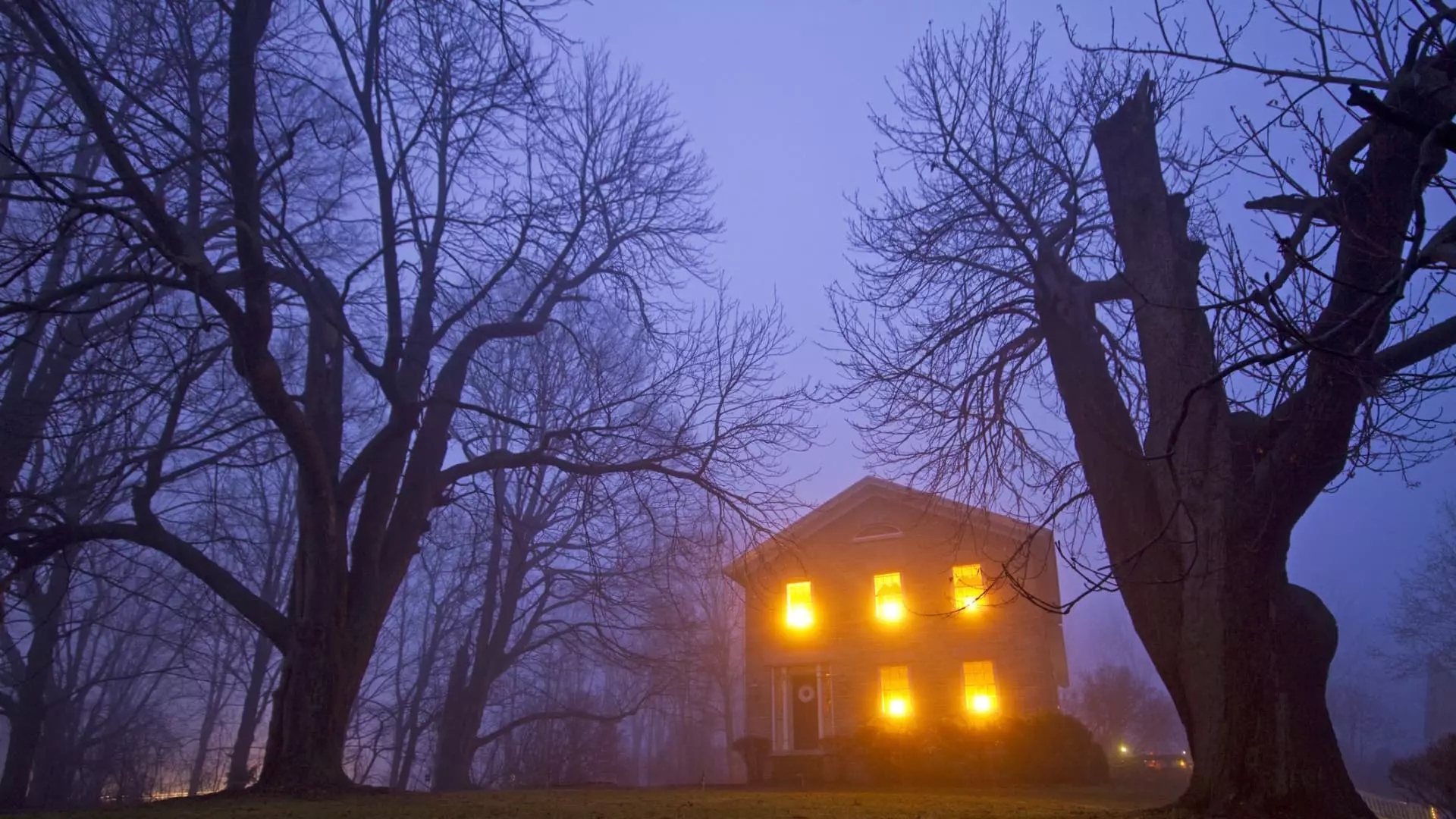When navigating the intricate landscape of real estate, prospective buyers often encounter a labyrinth of disclosures, obligations, and ethical considerations, particularly regarding properties stigmatized by past events. This article delves into the nuances of what real estate agents are required to disclose about properties that may have been affected by death, crime, or other events that could psychologically impact prospective buyers.
Real estate agents play a crucial role in ensuring that homebuyers are informed about the properties they’re interested in purchasing. However, the landscape of disclosure laws can be quite murky. Unlike physical defects such as leaky roofs or faulty plumbing—which are universally recognized as material defects that must be disclosed—information regarding a property’s psychological impact can vary substantially from one state to another. In most cases, agents are not obliged to disclose whether a death occurred on the property. The delineation between what constitutes a material defect and what falls under the category of stigma is a subtle yet significant distinction that agents and buyers alike must navigate.
Certain states have more stringent regulations than others. For example, California mandates disclosure of any deaths that occurred in a home within the last three years. In contrast, states like New York impose no obligation to report deaths or crimes unless these incidents have been accompanied by claims of paranormal activity. This inconsistency can bewilder homebuyers, who may assume a universal standard exists when, in reality, they must pay close attention to the specific laws governing their state.
The concept of stigmatization revolves around homes that have been adversely affected by societal perceptions rather than physical characteristics. Homes associated with tragedy—be it a murder, suicide, or notorious former owners—are often deemed “stigmatized properties.” Such homes may trigger a psychological response in potential buyers, leading some to shy away while others are undeterred. This dichotomy underscores the profound impact that narratives associated with a property can have on its marketability.
Statistics illustrate this complex interplay; a report from Real Estate Witch revealed that 72% of respondents would consider buying a haunted house if the price were right. Interestingly, about 43% of those surveyed indicated they would offer at least $50,000 less than the market value for such a property. This willingness to overlook the stigma for a better deal reveals the fundamental truth that some buyers prioritize financial implications over potential paranormal disturbances.
The varied reactions to stigmatized properties raise important questions about the values and priorities of potential homebuyers. While some individuals are attracted to the history and character associated with such homes, others are deterred by the prospect of living in a space linked to negative past events. For example, a home notorious for a high-profile crime may be seen as undesirable to many, but for others, its historical significance might add value.
Professionals in the real estate industry highlight that homebuyers need to exercise diligence. Harrison Beacher, a managing partner at Coalition Properties Group in Washington, D.C., asserts that while agents have fiduciary responsibilities to sellers, they must also be transparent when buyers ask specific questions about a property’s history. This obligation fosters a sense of trust, allowing buyers to make informed decisions based on more than just surface-level impressions.
Researching a Property’s History
For buyers concerned about a property’s past, the initial step should be to ask the listing agent directly. However, relying solely on agent disclosures may not provide a complete picture. Engaging with neighbors can reveal invaluable information about the property and its previous owners. Local knowledge can significantly influence the homebuying experience, offering personalized insights that may not be readily available through official channels.
Additionally, buyers can tap into local government resources. Police report records and crime statistics are often accessible through county offices, enabling prospective homeowners to build a comprehensive understanding of the property’s history. Despite the dangers of misinformation online, thorough research can uncover public records, including newspaper articles detailing any significant events tied to the home.
Navigating the Purchase Process
Ultimately, purchasing a home—especially one with a stigmatized past—requires a blend of caution, research, and open communication. Buyers should consider their own beliefs about the supernatural and societal stigmas, as well as their financial capabilities. The fact remains that a home’s history cannot be changed, but it can be embraced by buyers willing to accept the associated narratives.
Understanding the implications of living in a property with a controversial background is crucial. A methodical approach, bolstered by diligent research and engaging with knowledgeable agents and neighbors, will empower buyers to make confident decisions. Whether they seek a property with a disturbing history to renovate or a serene space to settle into, informed buyers can find value—even in the unlikeliest of homes.

